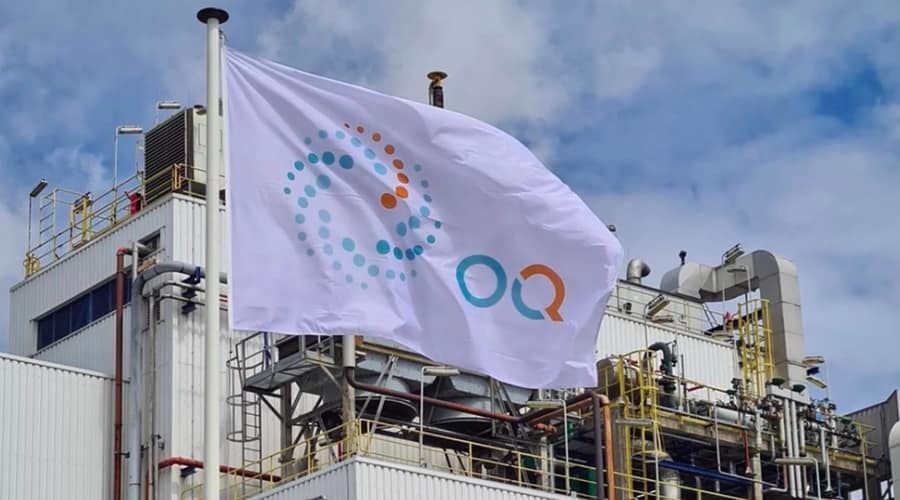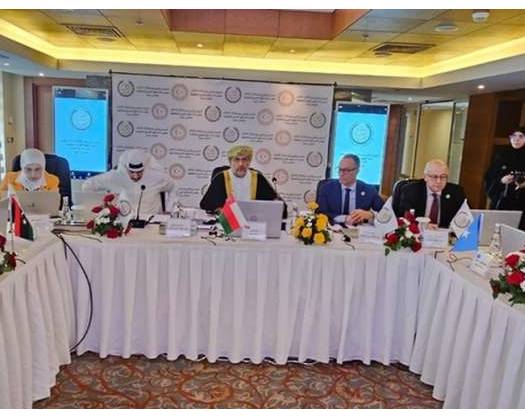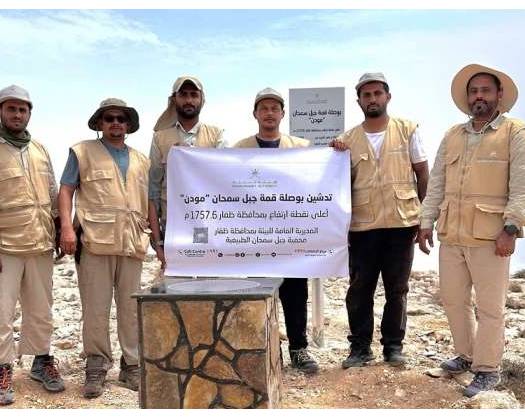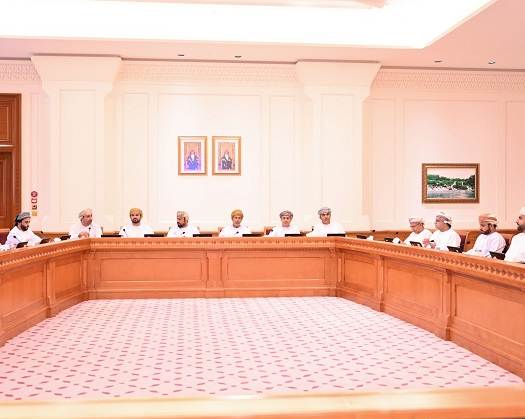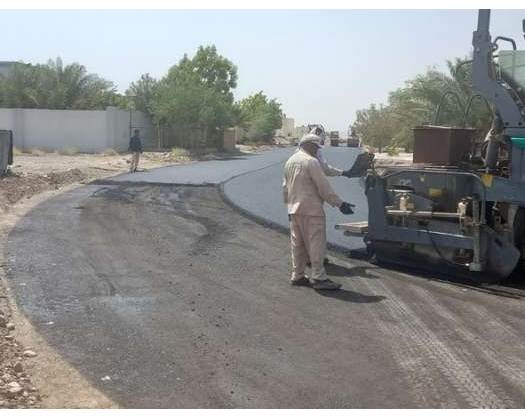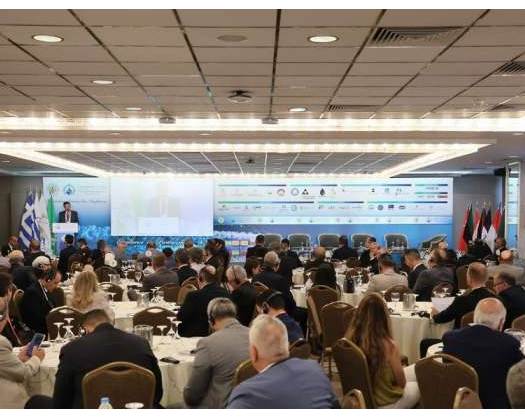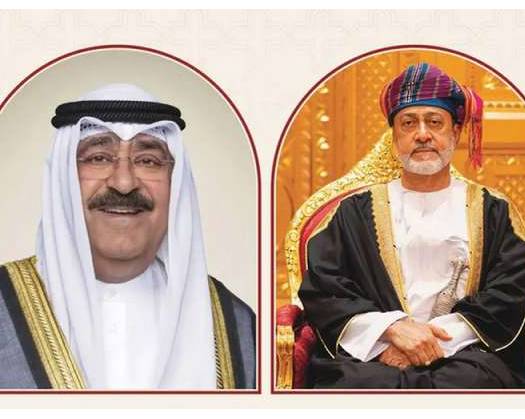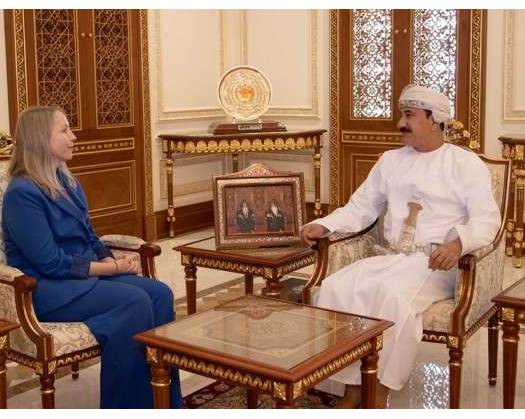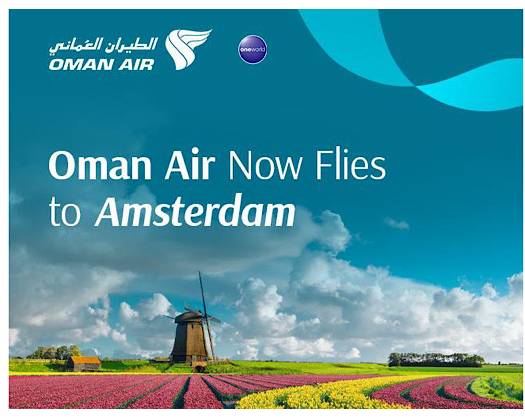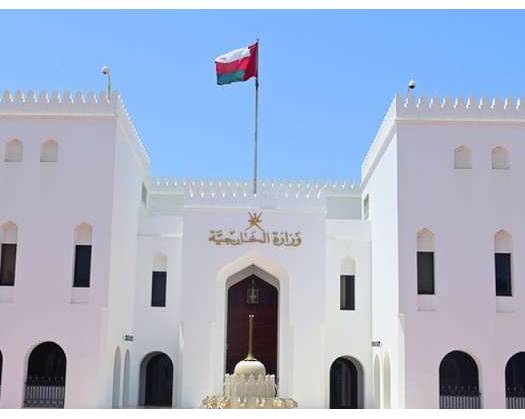Muscat: OQ, the globally integrated energy group, has announced that its expenditure on goods and services in the third quarter of 2023 amounted to approximately $974.07 million. Out of this total, $753.11 million was allocated to goods and services obtained from local suppliers, resulting in $314.17 million being retained as In-Country Value (ICV).
By the end of the third quarter of this year, the group had spent a total of $172.53 million on small and medium-sized enterprises (SMEs). Notably, $56.99 million of this amount was specifically allocated for SMEs holding the Riyada Card.
This expenditure reflects the group's strategic focus on enhancing its ICV contribution, in line with government initiatives and the objectives of Oman Vision 2040. It demonstrates a strong commitment to investing in and supporting local markets, goods, and SMEs.
Recognizing the importance of supporting Omani Goods, OQ has incorporated policies that prioritize goods made in Oman in its procurement processes. This includes offering up to a 10 percent price preference for Omani goods and actively seeking out Omani goods in certain contracts and procurements. As a result, spending on goods manufactured in the Sultanate of Oman reached approximately $122.41 million.
In addition to these efforts, OQ has launched initiatives aimed at promoting local industry, such as the establishment of projects in the Ladayn Polymer Park. These projects are expected to contribute an ICV of around $46 million annually, further demonstrating OQ's commitment to the development of the local industry.
Eng. Mabrook bin Hamed Al Siyabi, the General Manager of In-Country Value at OQ, stated that OQ's primary focus is to maximize its ICV contribution across all projects and activities. The company acknowledges the crucial role played by local businesses in the growth of the national economy and the promotion of sustainability. Therefore, OQ invests in programs that support the development and expansion of local businesses, as well as create opportunities for the supply of local products.
In addition, Al Siyabi emphasized that OQ is committed to sourcing goods and services from SMEs and locally registered suppliers, which not only generates job opportunities but also fosters skill development and innovation.
Furthermore, Al Siyabi explained that ICV represents the total expenditure retained within the country, contributing to the development of businesses, the enhancement of human capacity, and the stimulation of productivity in the national economy. To achieve this, OQ has established a robust framework that includes a dedicated ICV unit, comprehensive group-wide performance metrics to monitor ICV, and the integration of ICV requirements into procurement policies. Additionally, all tenders are transparently displayed on the e-procurement platform (Tawreed), with ICV being a primary criterion in bid evaluations. The effectiveness of these strategies is continuously evaluated through a specialized ICV monitoring and reporting platform.
Al Siyabi highlighted the importance of employment, training, and scholarships in OQ's ICV initiatives. He revealed that the company's Omanisation rate reached approximately 84 percent by the end of 2022. Furthermore, OQ has invested in the development of 800 leaders through the 'Masar' program, aiming to foster leadership skills to guide the company through its transformation phase.
OQ's dedication to ICV can also be seen in the group's spending patterns over the last three years. In 2022, OQ invested approximately $1,016.86 million in goods and services that supported local businesses, which accounted for a significant portion of its total expenditure of $1,385.55 million. Out of this, about $453.52 million was retained as ICV value, making up 32.7 percent of the ICV index. The previous year, 2021, witnessed OQ's local spending reaching around $931 million, with approximately $392 million retained as ICV value, contributing to 29 percent of the ICV index. In 2020, the group's local expenditure amounted to approximately $712 million, with $282 million retained as ICV value, contributing nearly 28 percent to the ICV index.
Al Siyabi disclosed that there are currently around 2,200 SMEs registered on Tawreed, OQ's e-tendering system, including 617 enterprises holding the Riyada Card. OQ is committed to promoting the growth and involvement of SMEs in its supply chain, as demonstrated by initiatives such as allocating 10 percent of its total procurement spending for SMEs. This step is part of a broader strategy to align with government economic incentive programs and enhance OQ's procurement and contracting policies.
Regarding the streamlining of procurement procedures and practices for Riyada Card holders, Mabrouk Al Siyabi stated, "OQ has implemented various measures to support these enterprises, including giving them priority for purchase orders and contracts for goods and services below OMR10,000. Additionally, for contracts exceeding this value but not surpassing OMR50,000, OQ offers a preferential pricing advantage of up to 10 percent. Furthermore, OQ has set aside 10 percent of its total procurement spending specifically for SMEs and commits to a prompt payment policy, settling invoices within 15 days. OQ also eliminates tender fees and initial guarantee requirements for these enterprises, thereby enhancing the ease of doing business for SMEs within its supply chain."
Mabrouk Al Siyabi emphasized the importance of streamlining procurement procedures and practices for Riyada Card holders. He highlighted that OQ has taken various measures to support these enterprises. Firstly, OQ prioritizes them for purchase orders and contracts for goods and services below OMR10,000. Additionally, for contracts exceeding this value but not surpassing OMR50,000, OQ offers a preferential pricing advantage of up to 10 percent. Furthermore, OQ has allocated 10 percent of its total procurement spending specifically for SMEs and ensures swift payment policy, settling invoices within 15 days. OQ also enhances SMEs' ease of doing business within its supply chain by waiving tender fees and initial guarantee requirements for these enterprises.
In addition to these initiatives, OQ has launched a Supplier Development Programme as part of its ICV initiatives. This program aims to empower local suppliers and manufacturers in the energy sector, with a particular focus on local SMEs and Riyada Card holders. It provides them with opportunities for growth and development.
Moreover, OQ has implemented a unique program that exclusively restricts specific tenders to SMEs and Riyada Card holders. This program includes allocating a percentage of business exclusively to these groups and assigning specific scopes of work for them. OQ also supports start-ups through research and innovation, encouraging them to come up with creative solutions to challenges in the sector and leverage modern technologies. These efforts collectively demonstrate OQ's commitment to fostering a dynamic and inclusive business landscape, promoting local entrepreneurship, and driving innovation in the energy sector.

